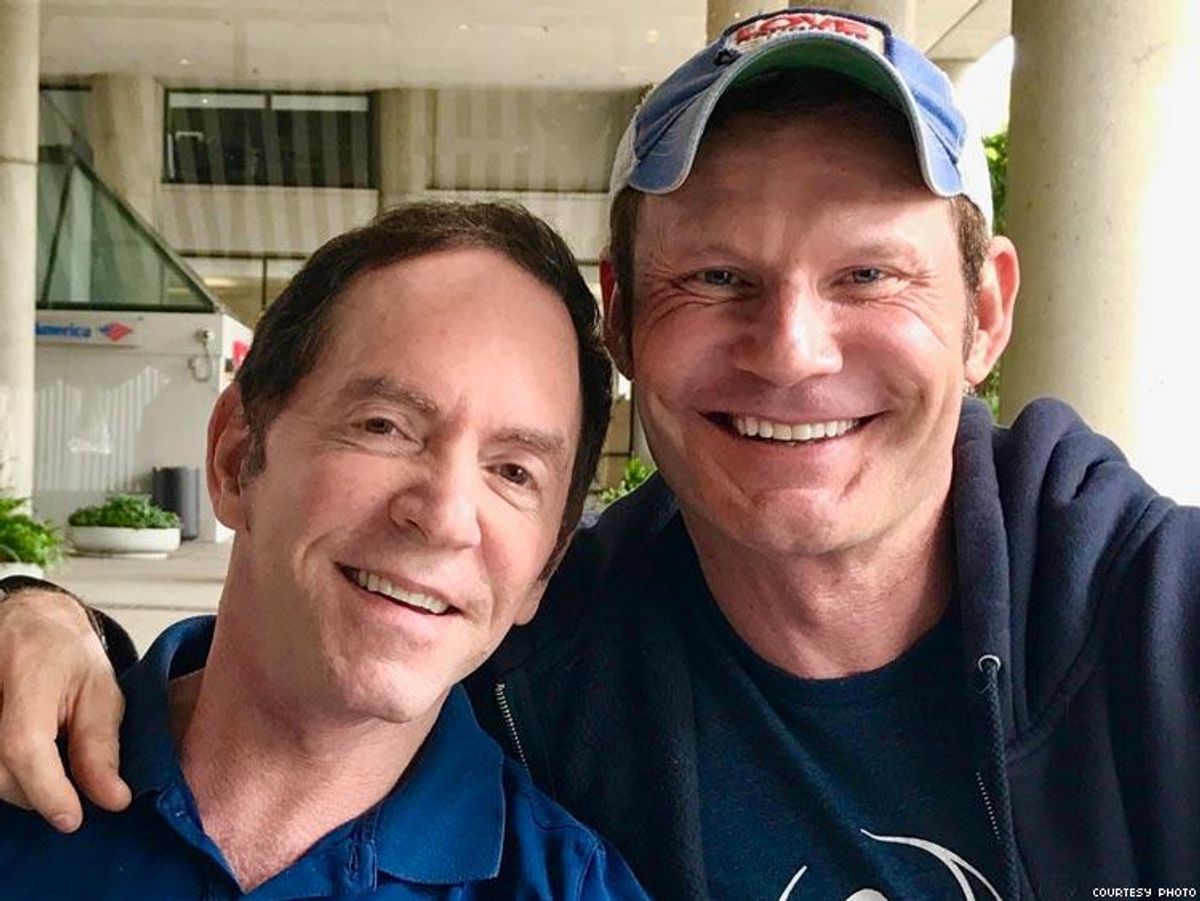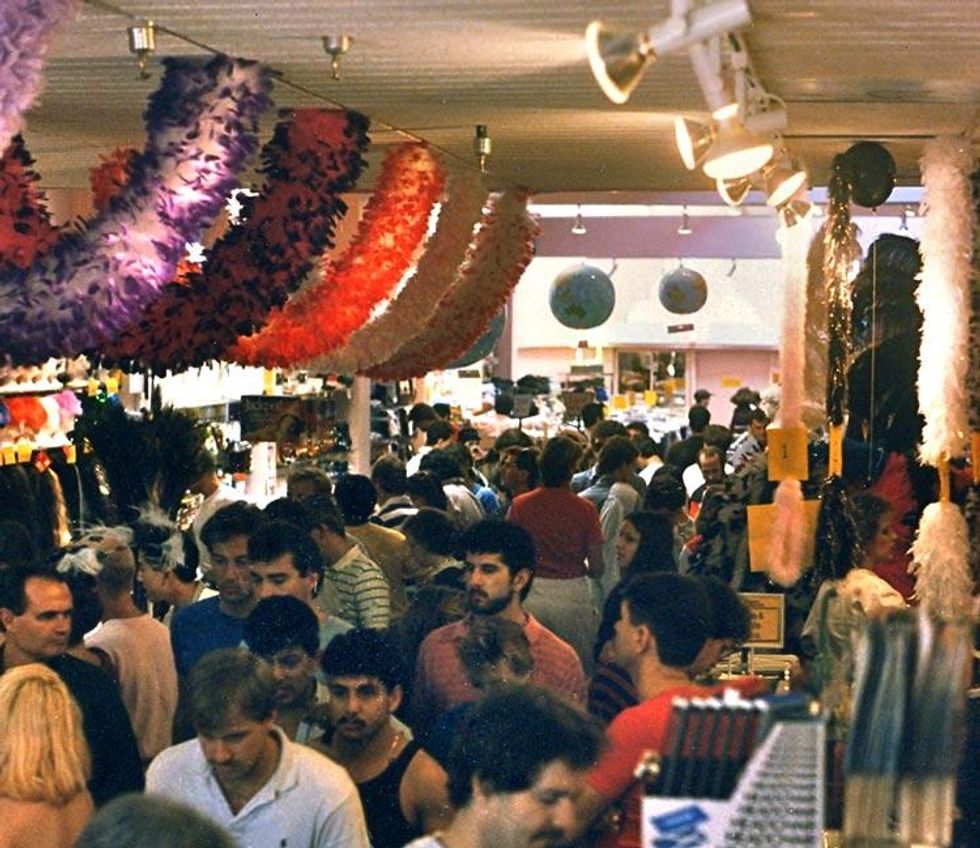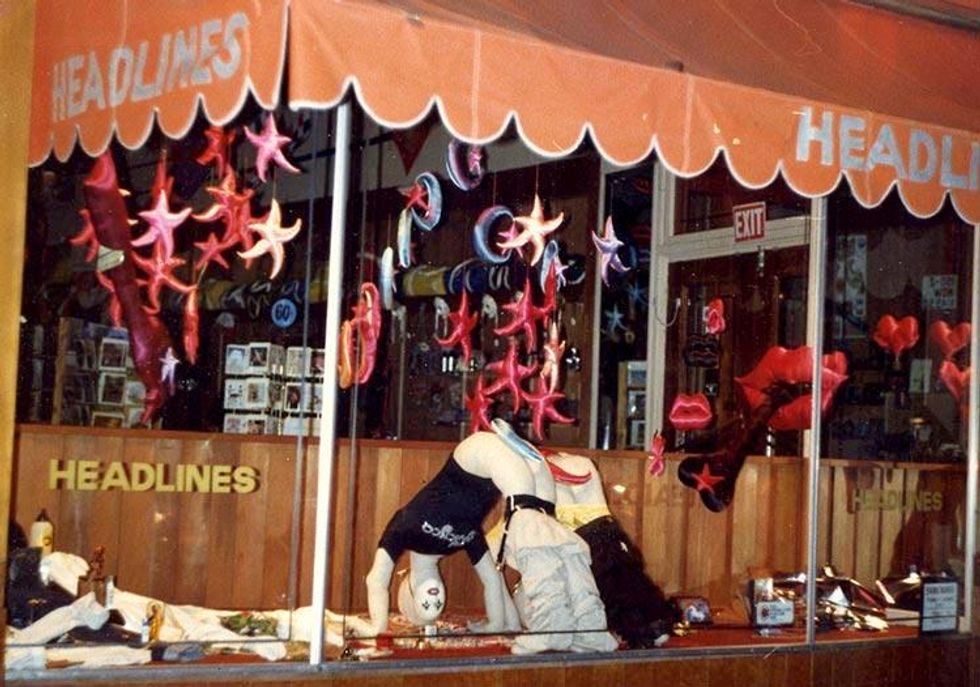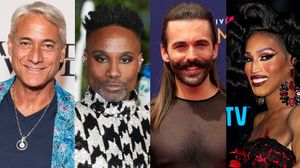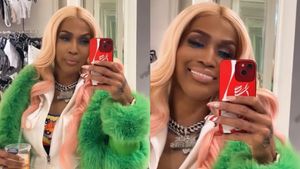After finding success with everything from "alternative lifestyle" stores to the earliest gay websites to the next generation of robotics, Andy Cramer and Al Farmer could be excused for wanting to retire to a quiet hamlet like Provincetown or Key West. But the husbands and business partners are just getting ready to roll up their sleeves, with the hope of making it easier for LGBT entrepreneurs like themselves to succeed.
Cramer and Farmer, based in San Francisco, are currently using their tech background to strengthen the mission of StartOut, a nonprofit that connects LGBT business owners and assists with mentoring and funding. They are also looking to help minority entrepreneurs through their own website, Alternative Spaces, by offering web and mobile development services.
"We're really trying to change the dialogue by reporting the number of jobs made [by LGBT people]," Cramer says. "By reporting that this gay couple now employs 100 people in a small town, it's changing the conversation. If we don't change the conversation, they'll call us names forever."
Cramer has been working in the LGBT space for over 40 years. In the '70s, he founded and operated 10 Headlines stores, famous on Castro and Polk Streets in San Francisco, as daytime gathering places for the burgeoning queer community. The stores offered a welcoming and offbeat environment to meet, greet, and shop for "alternative lifestyle" merchandise -- e.g., costumes, wigs, and toys -- as it was known then. The stores featured same-sex couples together in store windows, a bold display for the time. Cramer pushed Halloween as an unofficial gay holiday, ran "Around the World" trip giveaway promotions, sold tickets to major parties and events, and ensured that every customer was treated with dignity.
By 1981, though, AIDS was starting to ravage San Francisco. The community mobilized rapidly, and the Headlines stores became centers of compassion and involvement. Two-thirds of the Headlines employees were living with HIV or AIDS, Cramer says. The workers split shifts into two-hour segments for employees unable to work longer hours and the stores donated warm clothing for patients suffering chills due to pneumocystis pneumonia. Baskets of condoms were displayed at every cash register, each selling for a penny, and over 8 million condoms were eventually distributed.


Meanwhile, Cramer worked with Tom Waddell, a former Olympian, to create the first Gay Games, to prove the community was more than the sick and dying. The experience of working at Headlines showed Cramer the importance of taking care of one's own.
"We were living in a war zone," Cramer says. "Organizing, supporting, and fighting back was what the community did alongside each other, long before there was any assistance from outside resources."
Andy sold Headlines in 1993, after discovering there was a way to reach far more LGBT people -- the Internet. With no prior experience in technology, Cramer founded Gay.net, the first online site offering a graphical interface overlaid on a bulletin board service. The website was also the first uncensored online meeting place for gay and bi men, where they could be themselves and connect with others, even if they lived far outside the gay meccas.
Cramer also worked with the gay newspaper guild in 10 major cities to publish local and national news so remote community members could access the latest headlines. Initially, Gay.net used dial-up modem connections; it limited the number of participants online at any one time to 16, which was the number of modems available to start. That number increased to 64 modems quickly, but that still limited access. One member -- Farmer -- couldn't connect for a month because the modems were always busy. He threatened to quit. Cramer refunded his $9.99 and apologized, and a relationship was born -- a business one at first.
Farmer, like Cramer, felt a desire to be part of the LGBT rights movement. He led the University of New Hampshire in the 1993 March on Washington, joined the UNH LGBT Center, and facilitated on-campus coming-out groups and education on queer issues.
After becoming a computer scientist who would later work for the Department of Energy and IBM, Farmer wanted to help Cramer broaden Gay.net's reach and allow more connection between LGBT people.
For two years, Cramer and Farmer worked exclusively on Gay.net by chatting online, Cramer in San Francisco and Farmer in Boston. After spending thousands of hours together online, helping people talk about coming out and supplying them with tools to engage in meaningful relationships, the two men fell in love themselves. The shared empathy for those who were hurting and alone and a common mission to build a worldwide community using supportive technology did the trick, they say. Farmer moved to San Francisco in 1997, and the two have been together ever since. They had a commitment ceremony in 1998 and married on their 10th anniversary in 2008, when same-sex marriage was briefly legal in California.
By 1995, Gay.net had 10,000 paying members; Cramer merged existing online gay online properties, including Gay.com and onQ on AOL, and soon had more than more than a million members communicating online. The company pivoted to an advertising model, bringing in American Airlines and IBM as some of the first mainstream companies willing to publicly promote to the gay community. In late 1999, after six nonstop years and with millions of members online, Cramer and Farmer sold a portion of their stock and exited the company. Investors took the company public in 2004 at a $145 million valuation.
Wanting to use the capital they earned in helping others, Cramer and Farmer founded Azure Wellness, working with a prominent San Francisco HIV physician to formulate supplements for people with HIV. They learned a lesson: HIV-positive people don't want to take more pills. Cramer and Farmer closed the company and donated $250,000 in supplements to people living with AIDS.
"It was the most satisfying failure in my career," Cramer says.
In the ensuing years, Cramer built out concept stores for Stadtlander Pharmacies, repositioning them as community HIV pharmacies, offering Eastern and Western remedies and educational opportunities. Cramer and Farmer continued their tech work as well, developing a platform that provided business applications and analytics. The men also worked at supporting public companies they respected, and that work led them to StartOut, a nonprofit that aims to connect 100,000 LGBT entrepreneurs online.
StartOut has six active local chapters, and by expanding its membership base, it's creating more connections and helping LGBT entrepreneurs everywhere, Cramer says. Utilizing some of Cramer and Farmer's programs, StartOut expanded its services. StartOut's community online service now includes a mentorship portal, a funding portal that matches companies that are raising funds with accredited investors, a permission-based community directory to find other LGBT entrepreneurs for collaboration, and a public business forum. Basic membership is free, and upgrades are inexpensive and tax-deductible.
The men see StartOut as a way to not only uplift LGBT businesses but also chip away at intolerance. "You have collectivism that's totally economic," Cramer says. "How many of your employers will go home at night and say, 'Don't call those people fags, because they're our bosses and are good to us and give us benefits?'"
Cramer and Farmer have founded several other companies, most notably Alternative Spaces, a professional outsourcing technology company with over 100 developers, project managers, and designers. Alternative Spaces produces applications used by many popular websites; one such client is the LGBT home rental site Misterb&b, which outsourced nearly all of its technology to the company.
On top of all this, Farmer is a self-described "futurist" and has been working with artificial intelligence and social robotics for four years. He's leading the work with Amazon's Echo, Google Home, and other voice-assistive devices. Farmer is currently working with Jibo, a company that will soon be launching the world's first social robot.
Even with all their varied interests, they are most satisfied helping people find success and contentment.
"We plan to promote technology that helps individuals lead better lives," Farmer says of their future.
Cramer and Farmer will be sharing their insight into emerging technologies and technology production strategies in a summer series they're hosting. To register for an online seminar, visit Alternative-Spaces.com.
